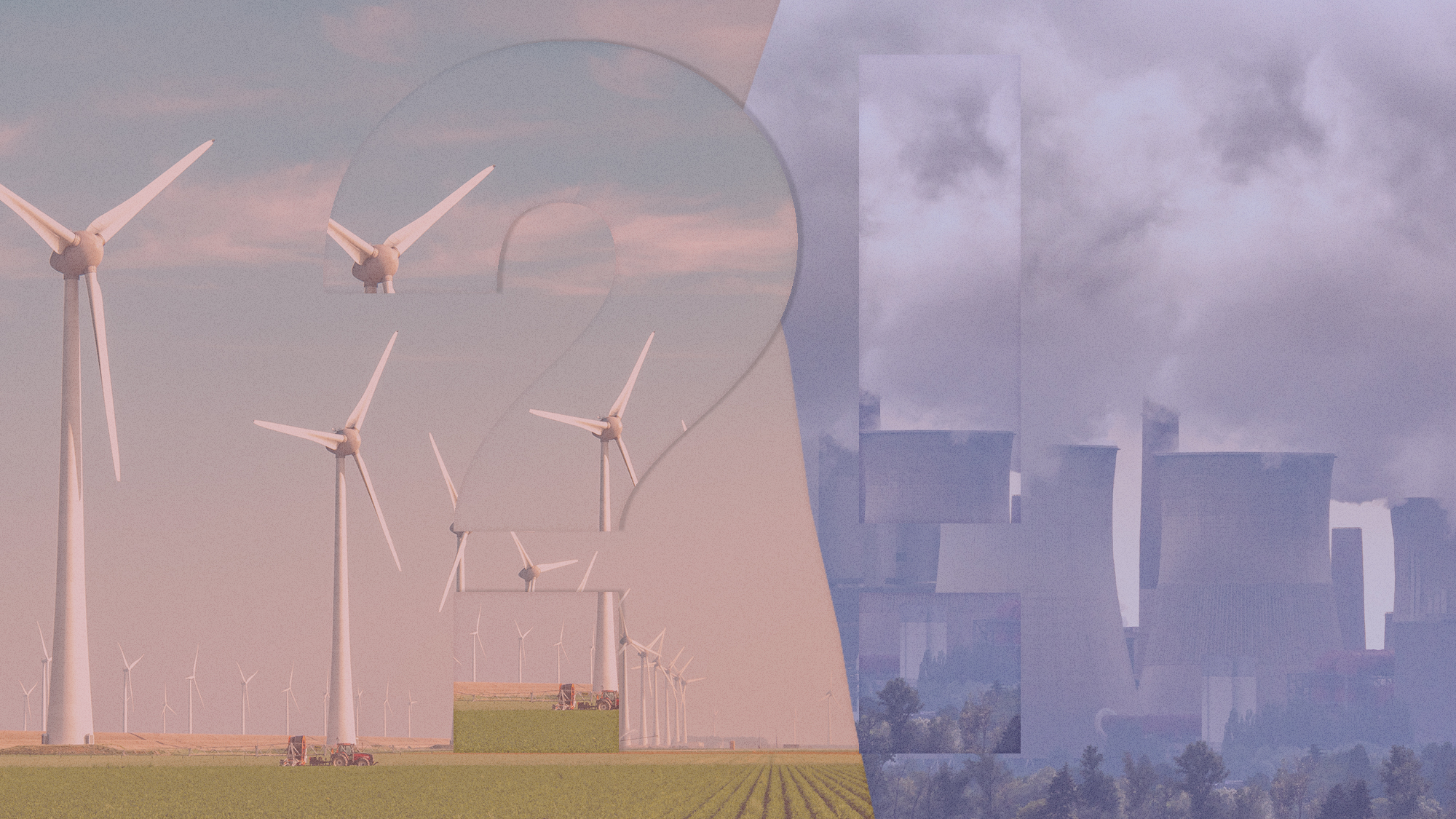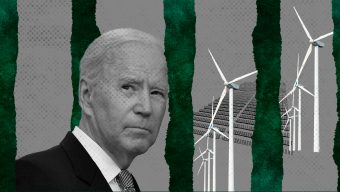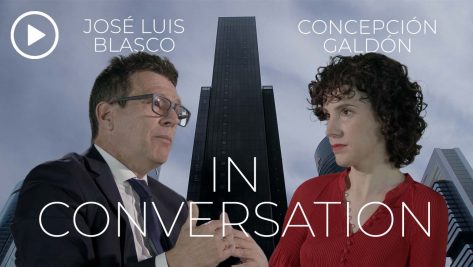For over twenty years, forensic experts have been quietly conducting the largest-ever missing persons investigation in the United States, analyzing 22,000 human remains painfully reclaimed from the rubble of the World Trade Center after the 9/11 attacks. The inventory of unidentified remains is still being tested for a genetic connection to more than 1,000 victims, representing 40% of those who died in the terrorist attack. Victim identification remains inconclusive. Some things simply take time…
As any neuroscientist would attest, processing speed is the time it takes a human being to assimilate new information, make a judgment about it, and then formulate a response. Studies suggest that processing speed varies with age along an inverted U-shape curve, such that our thinking accelerates from childhood to adolescence, shows a period of relative stability during middle age, and finally, in late life, decays slowly if inexorably thereafter. Nothing is too different when it comes to how people process and respond to climate change.
In December 2019, I was speaking in Madrid at the Conference of the Parties (COP25) of the United Nations Framework Convention on Climate Change (UNFCCC) when an oceanographer naïvely asked me whether it had really taken twenty-five annual summits (aka a quarter of a century) – the UNFCCC having begun in 1994 – to reach this (insufficient) milestone in international negotiations on climate change mitigation and adaptation. The charge being that the reaction has been too languid for such an emergency. The comment is as justified as it is not.
Since the first COP in Berlin in 1995 (COP1), the annual meetings, held within the framework of this UN Convention, serve as a formal gathering of the 198 Parties to the Convention to evaluate progress of responses to climate change (including non-binding pledges to abate carbon emissions.) Furthermore, as of 2005, the meetings also assess compliance with the Kyoto Protocol, signed at COP3 (and subsequently amended at COP18 in Doha), which established binding obligations to reduce greenhouse gas (GHG) emissions.
The aim in 2005 was to reduce GHG emissions below 1990 levels by 5.2% in 41 countries, plus the European Union as a whole, during the target period from 2008 to 2012, with a more significant differential effort by most industrialized countries. COP21 in Paris resulted in the adoption of an agreement that sought to keep the global temperature rise below 2°C on average above pre-industrial levels, and to explore consolidating efforts to limit that increase to a safer 1.5°C.
For those who consider twenty-five years to be an eternity, it may be worth recalling that it took centuries of research and long-time series of data to understand that climate change (and its pace), as a long-term alteration of climate and weather patterns on Earth is, among other things, the outcome of human choices.
The most informed society in history is, at the same time, not only deeply skeptical but also profoundly gullible.
In the 19th century, experiments suggesting that carbon dioxide (CO2) from human activities and other gases could accumulate in the atmosphere and somehow insulate the Earth were received as a novelty, an extravagance actually, rather than as a genuine concern. In the 1950s, some records of CO2 concentrations began to provide data to corroborate the theory of global warming, about which there is no longer any doubt for an almost unanimous majority of the international scientific community. The increase in GHG concentrations changes the chemical composition of the atmosphere, driving global warming and a series of impacts, which are essentially unintended and negative.
Later this year, COP29 will take place in Baku, Azerbaijan (November 11–22, 2024). As there are already efforts being made to curb emissions and limit global temperature, one would expect that progress towards decarbonization targets would thus be made at the necessary pace. However, emissions are still growing, and evidence shows multiple abatement speeds. Still, there has been some evolution since the adoption of the Paris Agreement in 2015. Back then, emissions in 2030, under current policies, were projected to rise by 16%. Today, the projection is for an increase of 3%, when they would need to fall by 28% against the baseline to hit a global temperature increase of 2°C and by 42% if 1.5°C is to be achieved. For example, CO2 emissions from the Chinese energy sector rose by 5.2% in 2023: an unprecedented reduction of between 4 and 6% would be needed in 2025 in order to meet its own government target.
Within a few weeks, Baku will present a new unmissable opportunity to finalize the rules of the Paris Agreement. This includes making new binding pledges to abate emissions in the very short term, strengthening transparency and accountability of the parties to the Convention, determining how carbon markets (where tradable emissions permits can be exchanged) will operate in the future, establishing new adaptation objectives, further assessing already evident losses and damages, delving deeper into how to finance a transition to a more sustainable future…
When observing the contrast between the strong consensus within the international community and a certain skepticism (or lack of focus) in the media, alongside a kind of collective apathy or abulia in the general public, it becomes clear that the narrative used to raise awareness is, at the very least, questionable. We sway between banality and the exaggeration of threats, between an appeal to the granularity of decisions (as climate change is the unintended outcome of billions of small, individual choices every day) and apocalyptic rhetoric.
We need new narratives to make sense of reality. In different ways, we all seek stories—whether fictional or not—about people who exist, have existed, or are fictional yet plausible. These narratives help us engage with reality, using rational criteria to understand it more closely, while also offering a temporary elusion that can either deepen our understanding or make reality more bearable. We require truthful information and evidence-based approaches to protect us from the distortions of propaganda, fake news, and sectarian ideologies.
There is, in fact, an ineffable paradox: the most informed society in history is, at the same time, not only deeply skeptical but also profoundly gullible. Disbelief, skepticism, apathy, and detachment coexist with extreme credulity and docility. By not believing in much, we end up believing in anything. As Stendhal put it: good reasoning offends, reality disturbs. This may explain why some people speak about these issues as if they were a new creed, a series of dogmas, a contemporary cult.
Noble causes, such as fighting climate change, become easier to support when they require nothing more than an uncritical stance or a public declaration. They start to feel uncomfortable and inconvenient when what they demand from us are concrete changes in the way we live. It is easier for us to navigate the realm of abstraction than the stormy waters of real, tangible facts. This may explain our difficulty in initiating mature, informed public debates where one can exercise responsibility: contexts in which we take ownership of the consequences of our decisions – whether insufficient action in the face of unfettered climate change or concrete steps to adapt to and mitigate its impacts.
Daniel Kahneman, 2002 Nobel Prize Laureate in Economics wrote in Thinking, Fast and Slow about what drives our choices, whether right or wrong. He discusses opinions, choices, values, desires, beliefs, expectations, criticisms, myopia (if not outright blindness), rationality, cognitive biases, intuitions, deductions, and mistakes. Kahneman proposes the following exercise, shared here in a necessarily abbreviated form: Imagine, for a moment, that you are asked how often you use abstract terms (such as “thought” or “love”) compared to concrete ones (such as “door” or “water”). One way to answer this is to think of contexts in which these words are used. As you read this article, you may have already thought of some. You will likely have found that it is somewhat easier to think of contexts in which abstract concepts are used. It is possible that I say “door” more frequently than “thought,” but abstract terms appear in a wider variety of contexts. The fight against climate change is fertile ground for essential abstractions (well-being, meaningful participation, transparency, law), yet there are also material, tangible realities that impose themselves through sheer stubborn force.
When it comes to climate change, we only use future tense out of grammatical habit. Climate change is already here to stay. The constant flood of disturbing news, especially when these are not properly explained, leads both to demobilization and apocalyptic resignation, resulting in inaction. Strong responses stem from law and binding commitments, but these will not emerge unless they are prompted by individual behavioral changes and new demands. Overstimulation is unproductive, ignoring the crisis is highly irresponsible.
It is hard to move forward without a consistent public debate that recognizes both the benefits of tackling climate change and adapting to it, while also acknowledging the sacrifices these efforts require and the opportunities that emerge from them. We need a balanced and just distribution of costs and benefits, and thoughtful risk management.
If there is anything urgent, it is to learn to think long-term, so that we are not overwhelmed by the immediate. T.S. Eliot, in one of his Four Quartets, said that “humankind cannot bear very much reality” but we must actively resist the urge to ignore or flee from the truth of climate change. We should seek to understand it and adapt. As Voltaire aptly said, we must “cherish those who seek the truth, but beware of those who claim to find it.”
© IE Insights.











